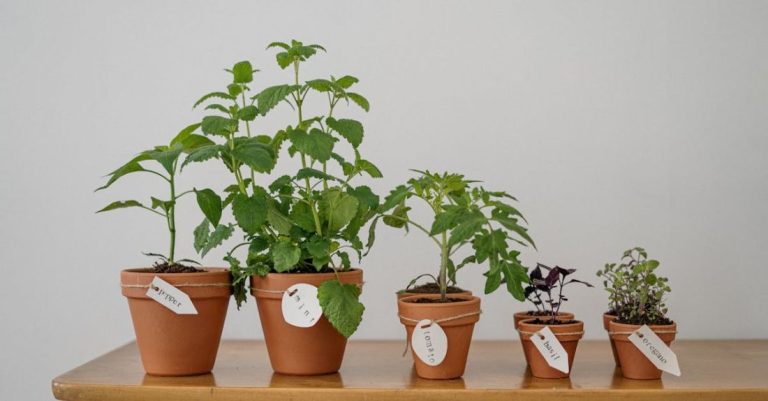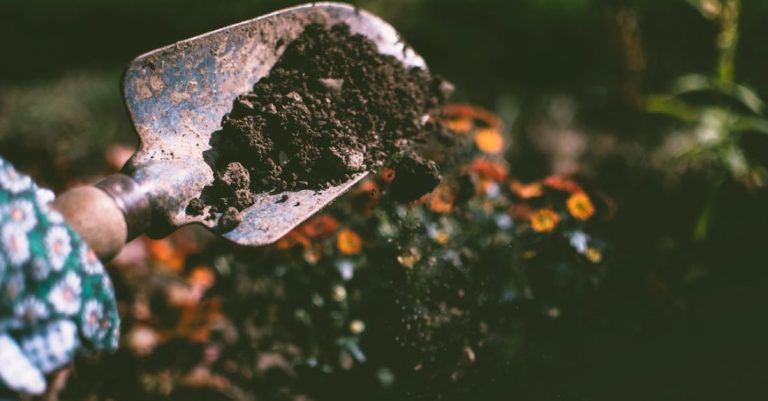
Creating a new garden is an exciting endeavor that requires careful planning and maintenance. One crucial aspect of nurturing a successful garden is establishing proper watering practices. Water is essential for the growth and health of plants, but understanding how and when to water can be a bit tricky, especially for beginners. In this article, we will explore the best watering practices for new gardens to help you achieve lush and thriving plants.
**Know Your Plants’ Watering Needs**
Before diving into watering techniques, it is crucial to understand the specific watering needs of the plants in your garden. Different plants have varying requirements when it comes to water, depending on factors such as their species, size, and stage of growth. Some plants may prefer frequent watering, while others thrive with less frequent but deep watering. Researching the watering needs of each type of plant in your garden will help you tailor your watering schedule accordingly.
**Water in the Morning**
One of the best practices for watering a new garden is to do so in the morning. Watering in the morning allows the plants to absorb the moisture they need before the heat of the day sets in. This timing helps prevent water evaporation and allows the plants to stay hydrated throughout the day. Additionally, watering in the morning reduces the risk of fungal diseases that can thrive in damp conditions during the cooler evening hours.
**Water at the Base of Plants**
When watering your garden, aim to water at the base of the plants rather than from overhead. Watering at the base of plants helps deliver moisture directly to the roots, where it is needed most. Avoiding overhead watering can also help prevent foliage diseases caused by excess moisture on the leaves. Use a watering can, drip irrigation system, or a soaker hose to target the root zone of each plant effectively.
**Monitor Soil Moisture**
To ensure you are providing your plants with the right amount of water, regularly monitor the moisture levels of the soil. Stick your finger into the soil near the base of the plants to gauge its moisture content. If the soil feels dry to the touch, it is time to water. However, if the soil feels moist, hold off on watering to prevent overwatering, which can lead to root rot and other issues.
**Mulch Your Garden**
Mulching is a simple yet effective way to help retain soil moisture and reduce the frequency of watering. Apply a layer of organic mulch, such as shredded bark or compost, around the base of your plants. Mulch acts as a protective barrier that helps regulate soil temperature, prevent water evaporation, and suppress weed growth. Additionally, as the mulch breaks down, it enriches the soil with nutrients, promoting healthier plant growth.
**Water Deeply and Infrequently**
When watering your garden, aim to water deeply and infrequently rather than shallowly and frequently. Deep watering encourages plants to develop deeper root systems as they search for moisture, making them more resilient to drought conditions. Watering deeply also helps prevent water runoff and encourages the roots to grow downward rather than staying near the surface. Depending on the type of soil in your garden, you may need to adjust the frequency of watering to ensure the water penetrates deeply into the root zone.
**Adjust Watering Based on Weather Conditions**
Weather conditions play a significant role in determining how often and how much you should water your garden. During hot and dry periods, plants may require more frequent watering to stay hydrated. On the other hand, during cooler and rainy periods, you may need to scale back on watering to avoid waterlogged soil. Pay attention to weather forecasts and adjust your watering schedule accordingly to meet the changing needs of your plants.
**Conclusion: Establishing a Healthy Watering Routine**
Establishing a healthy watering routine is essential for the success of your new garden. By understanding your plants’ watering needs, watering at the right time of day, targeting the root zone, monitoring soil moisture, mulching, watering deeply and infrequently, and adjusting based on weather conditions, you can help your garden thrive. Consistent and mindful watering practices will promote strong root development, lush foliage, and vibrant blooms, creating a beautiful and flourishing garden to enjoy for years to come.





